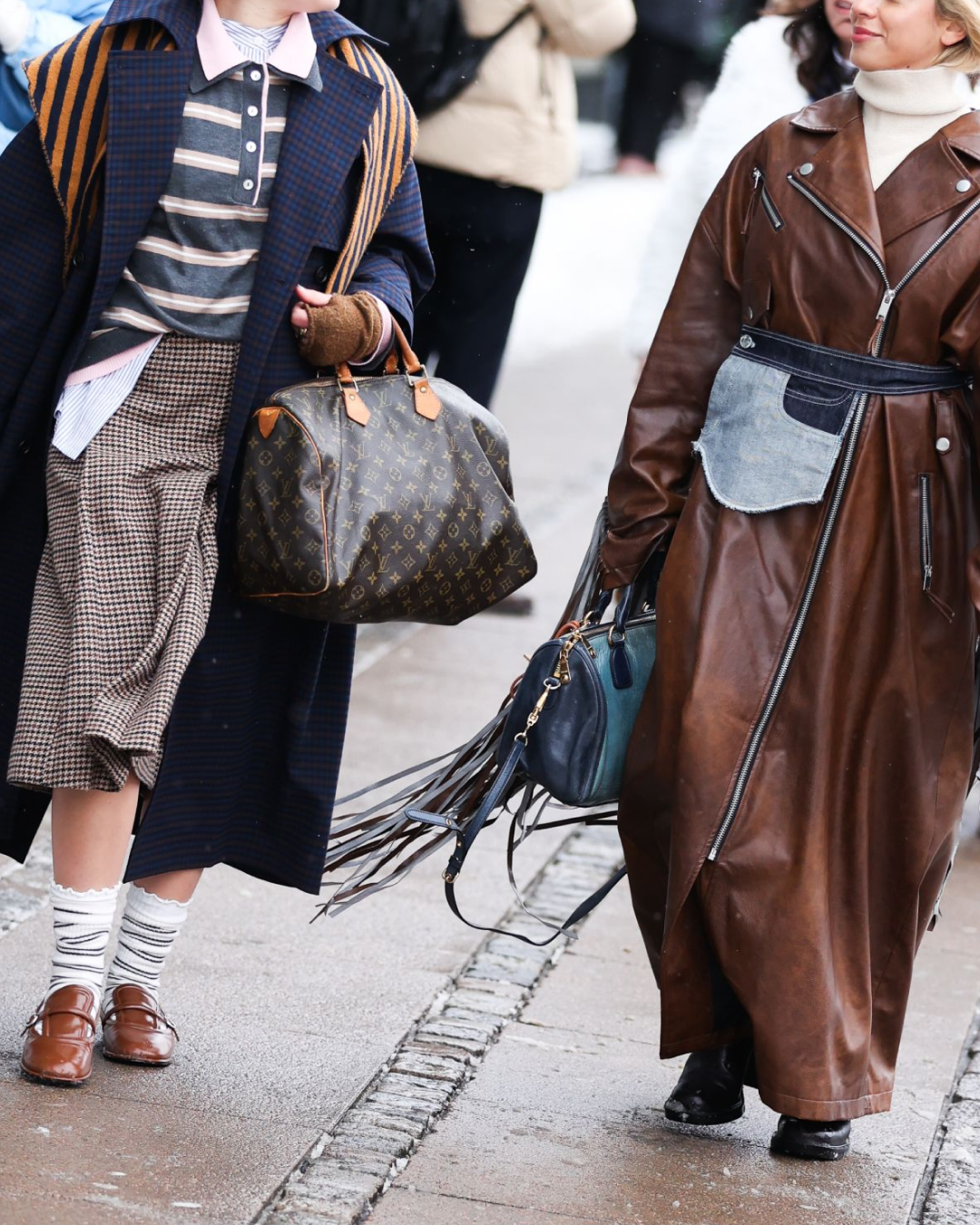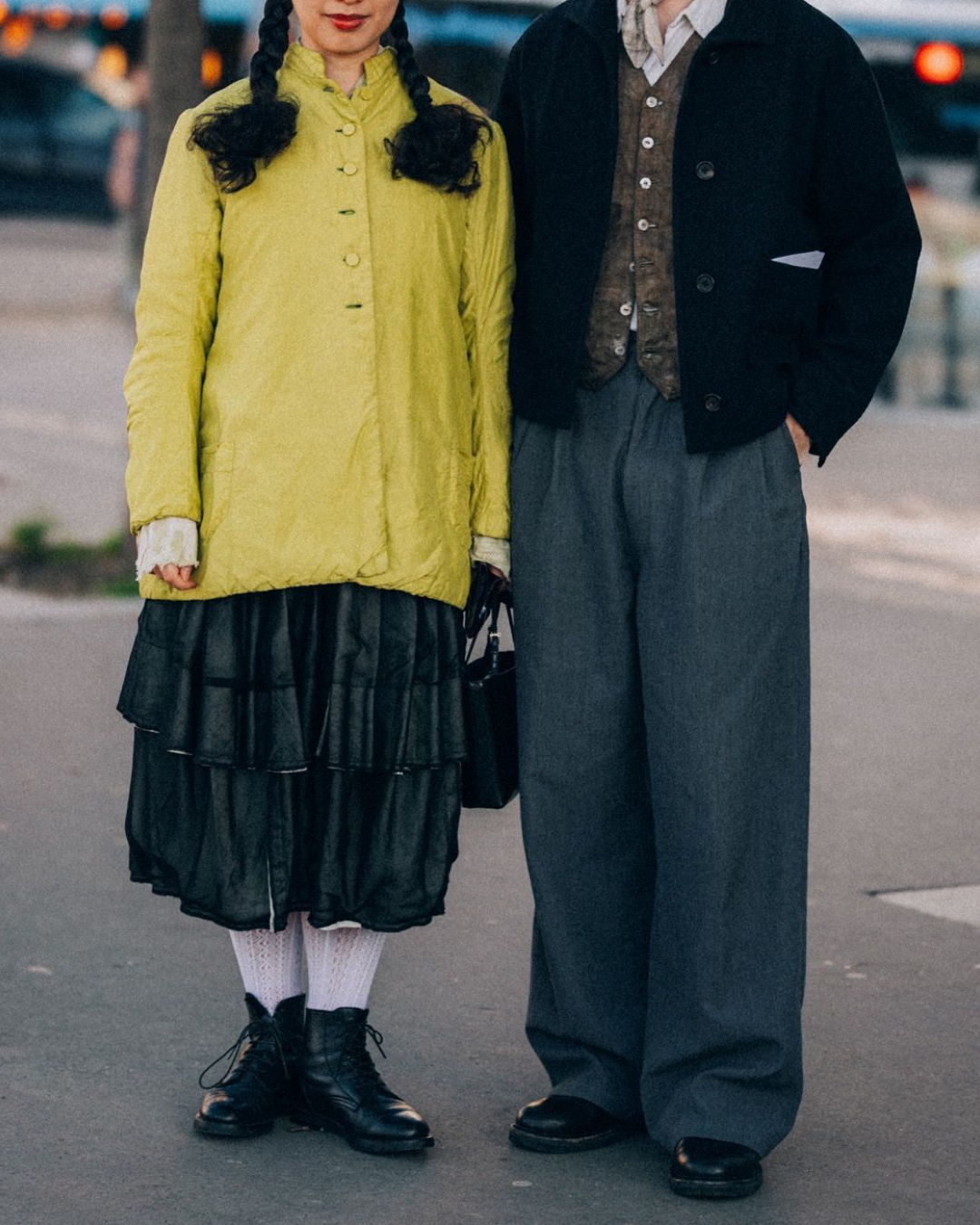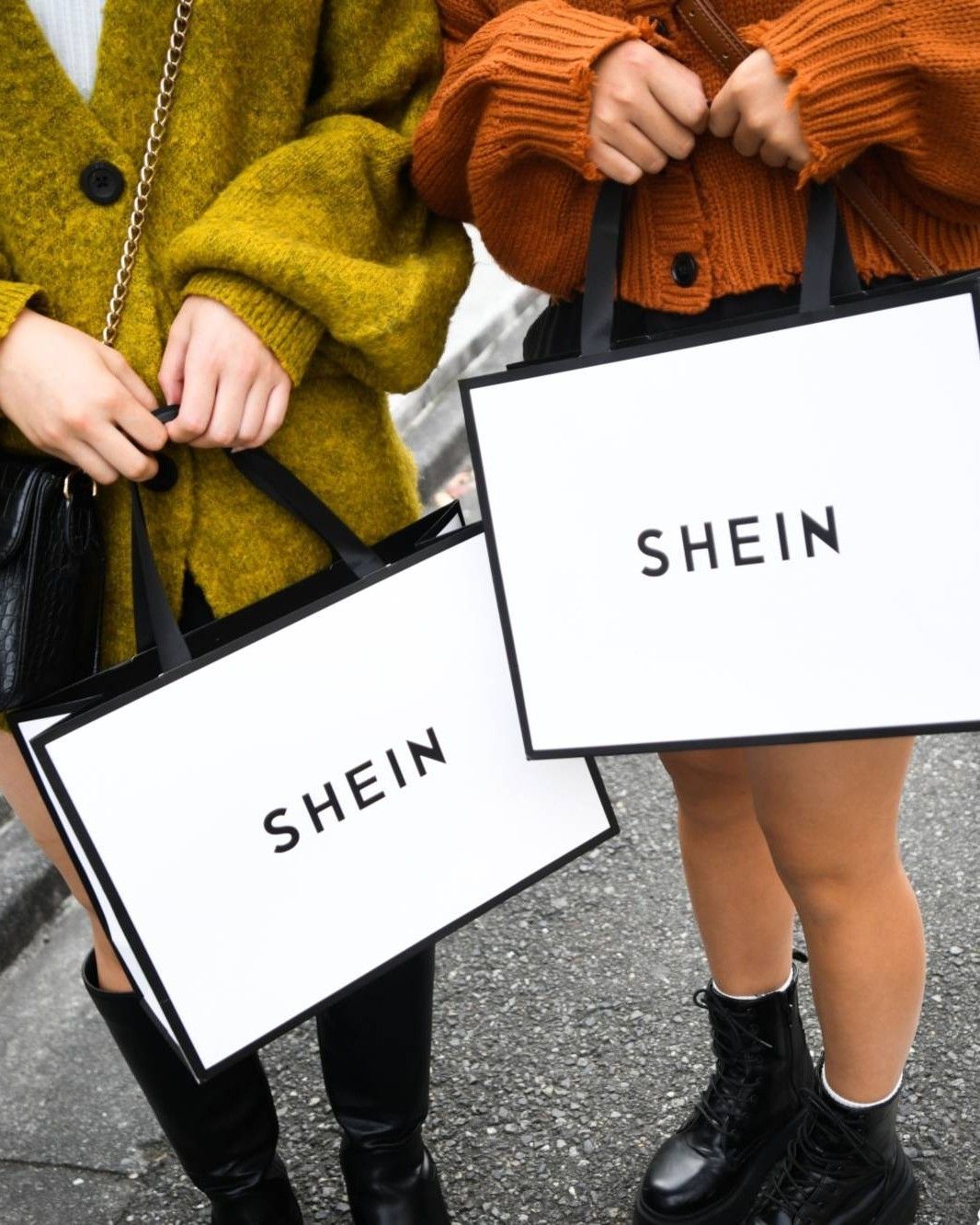
Vestiaire Collective has banned over 30 fast fashion brands Is eliminating fast fashion enough?
The platform selling second-hand clothing and accessories Vestiaire Collective is back in the fight against fast fashion. Just one week before Black Friday, the company has removed about 30 fast fashion brands from its website, preventing their future access, as it had already done in 2022. An initiative that follows the company's commitment to reduce fashion waste, Vestiaire Collective has allocated a three-year plan to counter unsustainable practices in fashion. The project includes collaboration with The Or Foundation, which works to raise awareness about issues such as clothing dumps in Kantamanto, Ghana, and involves both companies in finding practical and tangible solutions to the problem, sparking debates with the European Parliament and directing customers towards recycling and upcycling. «We aim to achieve our Zero Fast Fashion goal by Black Friday 2024,» writes the company on its website.
Vestiaire Collective's sustainability initiatives go far back. In the past, the platform has promoted Chloé's project for garment traceability, collaborated with Burberry to promote circularity, and for years has provided industry insiders with essential data on the state of second-hand fashion. Vestiaire Collective had already banned some fast fashion brands from its platform in 2022, and since then, the company explained, «70% of members affected by the ban have returned to the platform to purchase higher-quality items.» The brands that will be banned from Vestiaire Collective starting today include Gap, Zara, Urban Outfitters, Uniqlo, Mango, Benetton, Bershka, Oysho, and H&M, while in 2022, Boohoo, Pretty Little Thing, Asos, and Shein were permanently eliminated.
Vestiaire Collective's commitment to combating environmentally impactful practices in fashion will continue over the years to bring about real change in the platform's operating system. However, recent data highlights that one of the major issues regarding ecological responsibility in fashion is consumer habits. According to the November progress report by Wrap, which analyses the results of the Textiles 2030 voluntary agreement for sustainability, despite fashion companies reducing the impact of textile product emissions by 12% and water by 4% between 2019 and 2022, the volume of products sold has increased by 13%. This growth has affected overall water use (+8%) and the overall reduction of the sector's environmental footprint.















































